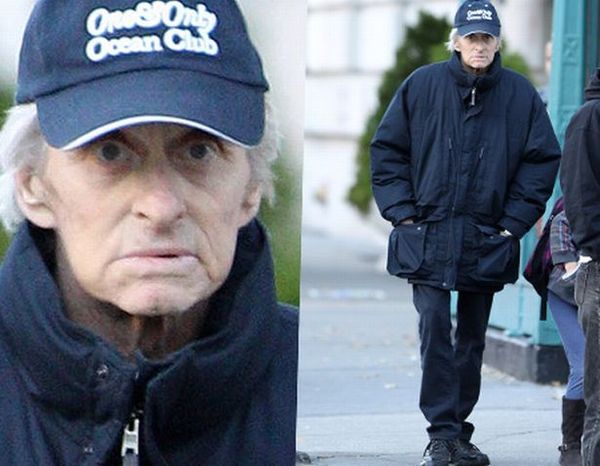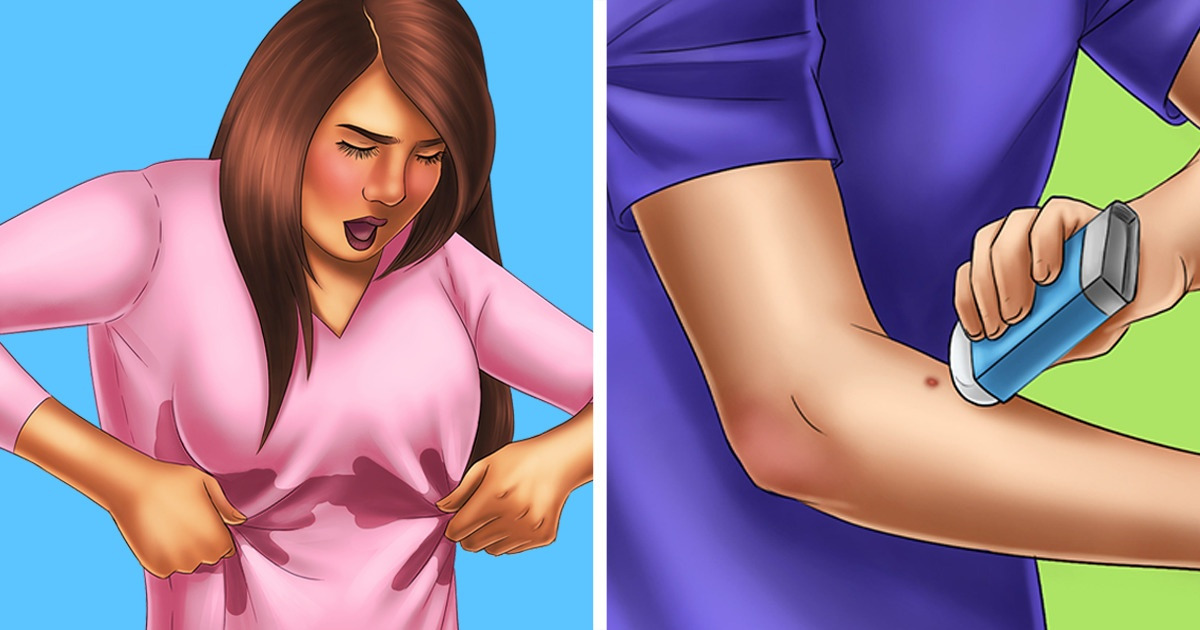Michael Douglas, the renowned actor and director, is a true embodiment of resilience and hope. From his BAFTA-winning performances to his high-profile marriage to Catherine Zeta Jones, Douglas seemed to have it all. But his world came crashing down when he faced a devastating diagnosis that would change his life forever.
Living a fast-paced life in Hollywood, Douglas faced a tough battle with what he initially believed was throat cancer. This diagnosis shook him to his core, completely disrupting his busy schedule and glamorous lifestyle. However, even in the face of such a severe condition, Douglas remained hopeful and determined.
In a candid interview, he expressed his disbelief at the possibility of dying. "It’s strange, I know, but I never considered dying during the entire course of chemotherapy and radiation," he said. Drawing inspiration from his mother, who lived to be 92 years old, and his father, who recently turned 102, death and aging were never at the forefront of his mind.

Recognizing the Severity
During a conversation with fellow actor Samuel L Jackson, Douglas revealed that his surgeon recommended making a statement about his condition, confirming that he had throat cancer. However, the surgery required for treatment carried risks that could have ended his acting career. The surgeon warned about potential loss of tongue and jaw function, adding another layer of complexity to Douglas’s situation.
Two years after his recovery, Douglas granted an illuminating interview to The Guardian, shedding light on his struggle with cancer and its alleged cause. He candidly stated that the sexually transmitted disease HPV (human papillomavirus) was the "cause" of his tongue cancer, which he believed was a result of engaging in oral sex.
These statements sparked a public backlash, prompting Douglas to clarify his words through his publicist. He emphasized that he did not solely blame HPV for his cancer, since he was also a smoker and a drinker. While oral sex was linked to some cases of mouth cancer, Douglas did not directly attribute his illness to it.
When Douglas received his diagnosis, he was already at stage 4 cancer, with a “walnut-sized growth” near the base of his tongue. He embarked on an intense eight-week treatment of chemotherapy and radiation, which took a toll on his body. "What a wild ride. That can really wear you out," he reflected. The aggressive treatment not only weakened him physically but also eradicated all the good elements from his body.
Early Detection is Key
The Centers for Disease Control and Prevention estimates that only half of the patients diagnosed with oral cancer survive for five years after diagnosis. Delayed diagnosis is often the main culprit. Therefore, it is crucial to be aware of the warning signs and symptoms of tongue cancer.
Understanding the Connection
Douglas was correct in highlighting the connection between HPV and mouth and throat cancer, particularly oropharyngeal cancer, which affects the tonsils and base of the tongue. However, it’s important to note that cancer typically takes years to develop after contracting HPV. Other risk factors, such as smoking and chewing tobacco, also play significant roles in the progression of the disease.
Treatment for tongue cancer usually involves a combination of chemotherapy, radiation, and surgery. The specific treatment plan depends on the stage and extent of cancer, as well as the affected area of the tongue. For advanced cases like Douglas’s, the most common treatments include:
- Chemotherapy: Medications that kill cancer cells throughout the body
- Radiation: High-energy beams to destroy cancer cells locally
- Surgery: Removal of the tumor and, in some cases, parts of the tongue or other affected areas
Michael Douglas’s story serves as a powerful reminder that, even in the face of a life-changing diagnosis, there is hope and strength to overcome. With early detection, effective treatment, and ongoing awareness, we can all strive for better outcomes in the battle against tongue cancer.






